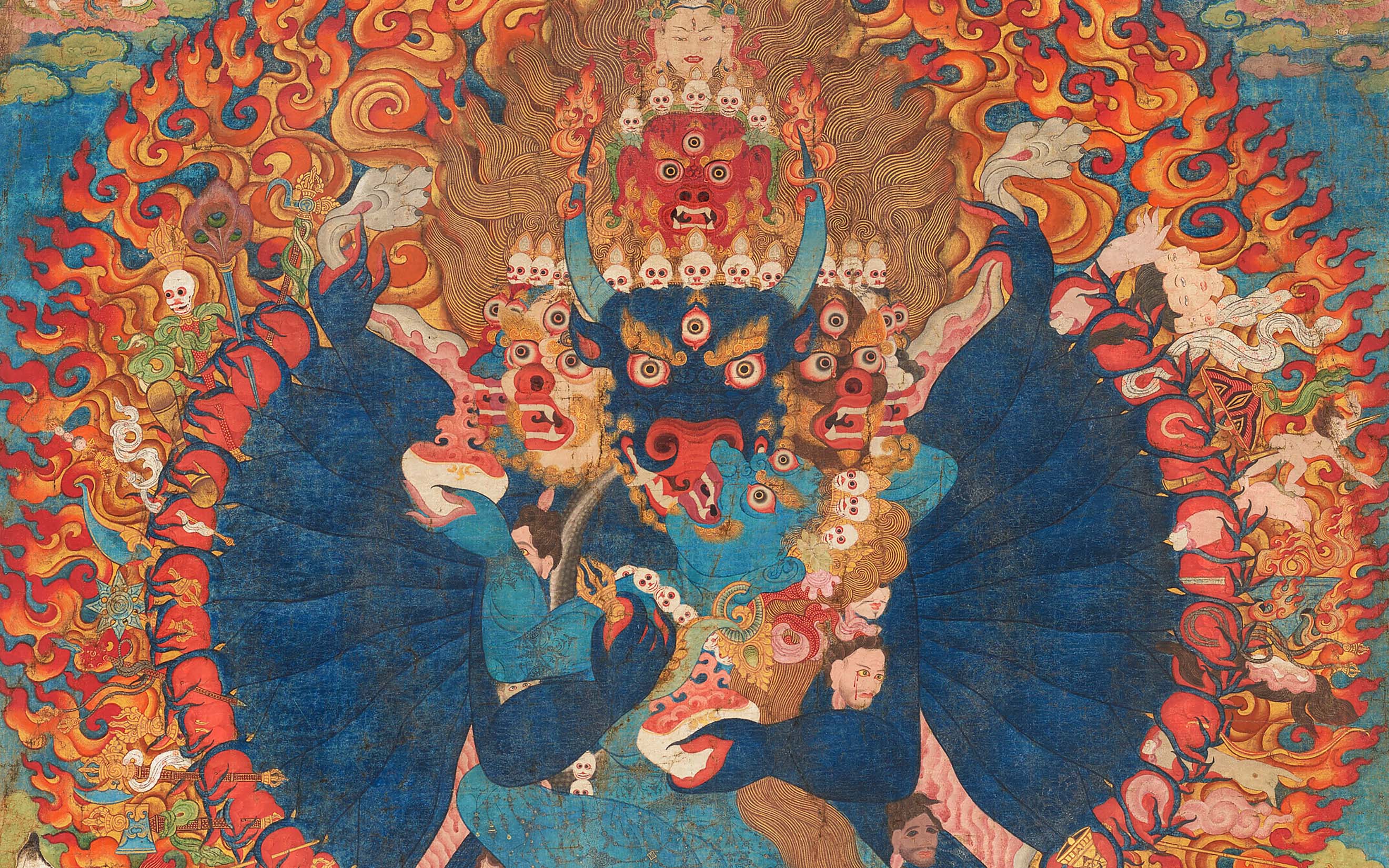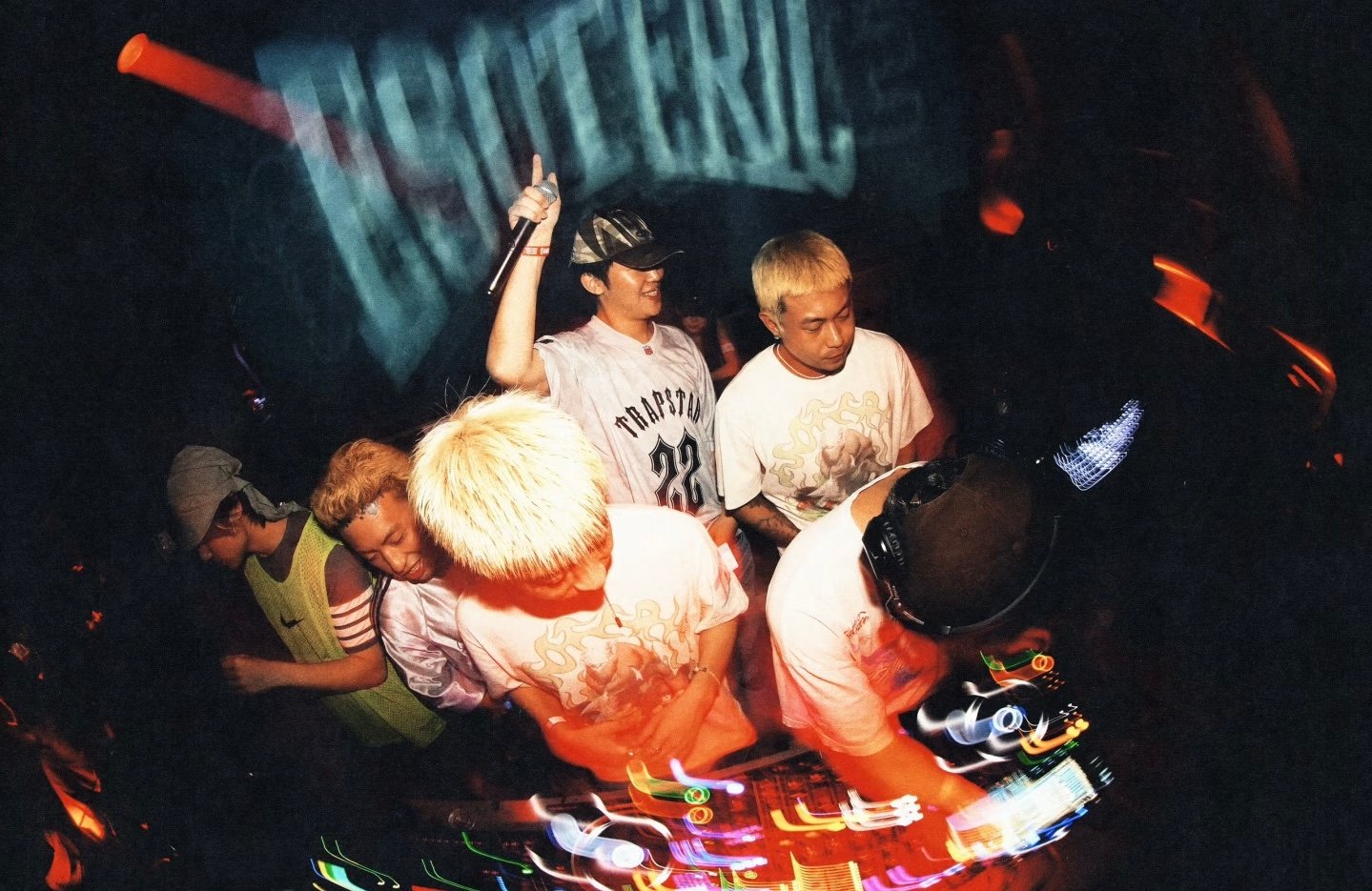Some of the greatest art is born out of life’s greatest challenges – moments of pain, struggle, or sadness. Sometimes a loss or a transition, like moving thousands of miles away from home.
In spite of the positive transformation that can come from taking such a leap, one still feels a yearning for home, a desire to stay connected to loved ones and the places we know better than anywhere else.
Yuge Zhou, a Beijing-born, Chicago-based artist, inhabits that shared space of longing, both artistically and personally.
Zhou works within urban and natural spaces to explore concepts of longing, isolation, and connection between people and places. She first became interested in exploring urban environments through art after seeing Beijing grow and change during the 2008 Summer Olympics.
She eventually left Beijing. When she moved to the United States, her interest in urban spaces grew deeper.

Zhou began her artistic career in the U.S. as an outsider. Oceans away from home, she also felt a staggering metaphorical distance from the place in which she was now living and creating art.
Changes like that come with a certain level of culture shock, but for an artist so invested in her connection to place, Zhou was left feeling separated from what she saw through her camera’s viewfinder.
“I was always behind the camera. My identity was being an outsider,” she says.
Despite the initial culture shock, Zhou eventually settled into her new home. She started to explore how her Chinese background could work within her art to tell her own story, while also connecting with the stories of her subjects.
“It was like a collective dream,” she remembers. “All the people I met had their own stories. It was this intersection of life and stories, and to me, that connects those dreams.”
As Zhou explored these interconnected dreams, she found that deep down, everyone was united at the level of basic human experience.
Everyone longs for something, and everyone suffers through periods of isolation in search of connection. It’s a universal experience, and being in a densely populated urban area can magnify those feelings.
Zhou knows this not just from observing others, but also from her own experiences moving from one place to the next. The work she produces is as personal as it is universal.
On the one hand, exploring Zhou’s work feels like flipping through her diary; like sharing little moments of isolation with the artist, breathing a sigh of longing after a family video chat or holding on to something that evokes memories of home.
On the other hand, Zhou strikes such quintessential parts of the human experience that anyone is able to find themselves in her work. She builds borders that speak to themes of isolation and longing, but breaks them down to connect her audience through the commonality of that experience.
“My goal is to be a bridge. These emotions are felt by everyone, regardless. And that's what I hope to express in my work.”
Working within urban spaces, areas that are constantly being broken down, built up, spread, and tapered, means that Zhou is constantly in flux.
The ebb and flow of the urban world adds a layer of complexity to her pieces. She doesn’t just work with the painful irony of longing, but with the ambiguities of connection.
It’s the sensation of trying to connect with a moving target, whether that be the chaos of an ever-changing place, or the thought of a distant loved one.
In her series, Love Letters, for example, which she produced at the onset of the Covid-19 pandemic, she captures a push and pull, the song and dance of what it means to try to connect with someone across a distance.
The first installment of the series, Love Letters (Summer), is a beautiful and palpable depiction of connection in the modern day.
Looking at the split screen, watching the two dancers, Rebecca Huang and Sam Crouch, in kinetic conversation, one can’t help but wonder where the subjects are in relation to one another. They could be across the world or three minutes apart.
In reality, the dancers are on two different sides of the Chicago River. The series, choreographed by Hannah Stantistevan, touches on the shared human experience of longing — a sensation that can be equally severe whether missing someone in a different room or a different country.
Of course, Zhou isn’t afraid to dive into what it feels like when one is, in fact, missing someone in a different country. She does just that in her recent video when the East of the day meets the West of the night.
The video portrays the weight of emotional and physical distance between her homeland and her adopted home in the U.S., capturing the sun as it rises and falls above and below two coasts of the Pacific Ocean, one in Beijing and one near San Francisco.
The piece had its West Coast premiere at the McEvoy Foundation for the Arts in San Francisco as part of its Color Code exhibition from September 2022 to January 2023.
It’s a work that feels personal, but whose themes are universal.
“A lot of my earlier work wasn’t as personal because it was more about other people,” she says. “I felt like there was a border between myself and what I was filming.”
Now though, after developing as an artist and leaning into the emotions she explores, Zhou has let audiences have more of a seat at her table.
The ocean in this project represents not only a barrier between two separate homes, but also the connection between them.
“The longing made me want to explore that personal aspect of myself as an artist here in this country,” she says.
Those elements of transparency and vulnerability in her more recent works allow Zhou to pierce through the surface level, and speak to the common experiences shared by all audiences.
Zhou’s work aims to make space for the real, unadulterated parts of the human experience that aren’t always easy to embrace. She isn’t committed to a happy ending; she’s committed to a realistic one.
In the final moment of Love Letters (Winter), there is no resolution. The dancers don’t run off into the sunset together. They gracefully part ways in two different directions. And in when the East of the day meets the West of the night, we see a never-ending cycle, the ceaseless rising and setting of the sun.
It’s through that painful but honest depiction of reality that she is able to break through borders and barriers. There may not be a cathartic resolution, but viewers can connect through the journey.
“I purposely didn’t want them to be together in the end.” Zhou explains about Love Letters (Winter). “I can find beauty in the fact that they had this beautiful encounter.”
That sentiment is the takeaway of Zhou’s work. She encourages audiences not to grieve for these deepest human emotions, but to instead honor the journey that led to them.
As an immigrant who’s been kept from seeing her family since the onset of the pandemic, she has found a particular pocket to work from that allows her to spread that sentiment across borders, no matter where she is physically.
“I used to really struggle to find a clear identity of who I am, but as time went on, I really like this in-between gray area I’m in,” she says.
If you want to learn more about Yuge Zhou, you can visit her website at www.yugezhou.com
All images via PR For Artists

















